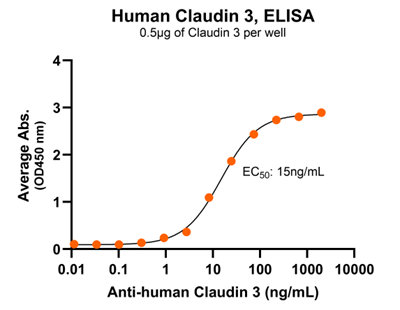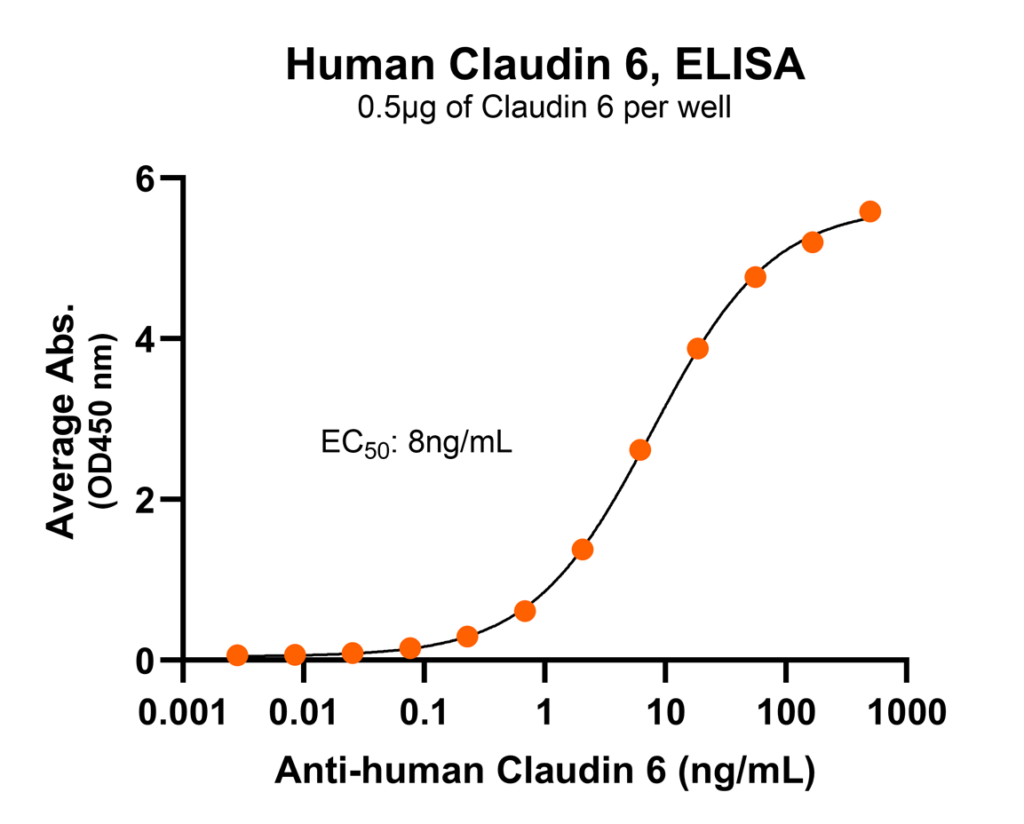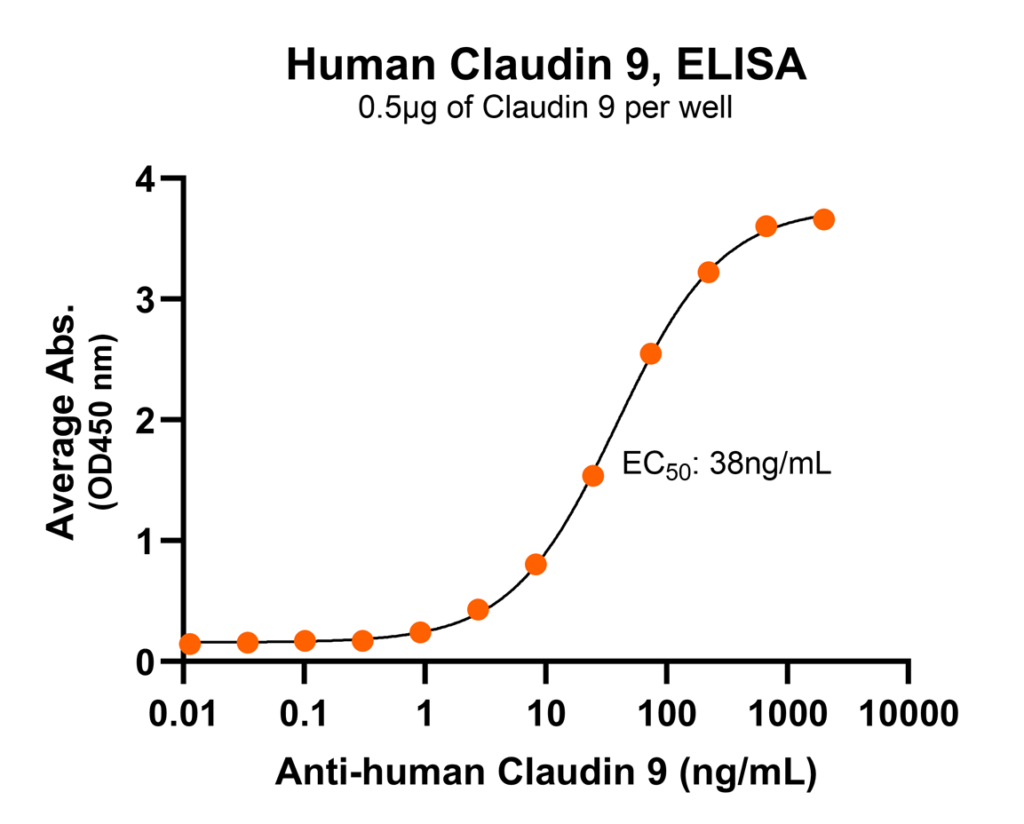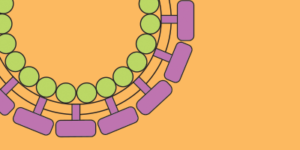Nature holds the blueprint for many of science’s most promising therapeutic solutions. At Conigen, we’ve harnessed these native designs to introduce our latest Claudin protein family (Claudin 3, Claudin 6, Claudin 9) of membrane proteins displayed on nanoparticles, and developed to reflect bioactive native conformations that drive innovation in cancer therapies and vaccine research. By mirroring nature’s precision, our new products empower researchers to evolve therapeutic discovery, setting new standards for accuracy and impact.
Importance of Claudin membrane protein family
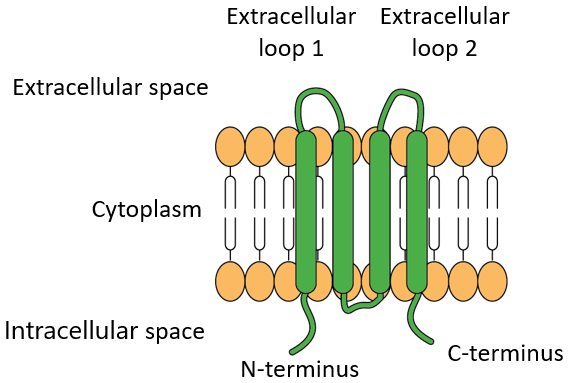
- Integral membrane proteins essential for tight junction formation, playing roles in various aspects of cancer progression
- Characterized by four transmembrane domains and two extracellular loops – structures contributing to their role in cancer and offer specific sites for therapeutic targeting
- Unique expression patterns in specific tissues and cancers make them intriguing biomarkers and potential therapeutic targets
Bioactive Claudin integral membrane proteins displayed on virus-like particles (VLPs)
Claudin 3 Bioactivity - Antibody Binding
Immobilized human Claudin 3 VLP (Cat. No. CMP-24008) at 5 μg/mL (100 μL/well) can bind monoclonal anti-human Claudin 3 antibody with a half maximal effective concentration (EC50) range of 9.2 – 36.7 ng/mL (QC tested).
Claudin 6 Bioactivity - Antibody Binding
Immobilized human Claudin 6 VLP (Cat. No. CMP-24007) at 5 μg/mL (100 μL/well) can bind monoclonal anti-human Claudin 6 antibody with half maximal effective concentration (EC50) range of 6.6 – 26.3 ng/mL (QC tested).
Claudin 9 Bioactivity - Antibody Binding
Immobilized human Claudin 9 VLP (Cat. No. CMP-24009) at 5 μg/mL (100 μL/well) can bind monoclonal anti-human Claudin 9 antibody with half maximal effective concentration (EC50) range of 18.6 to 74.4 ng/mL (QC tested).

